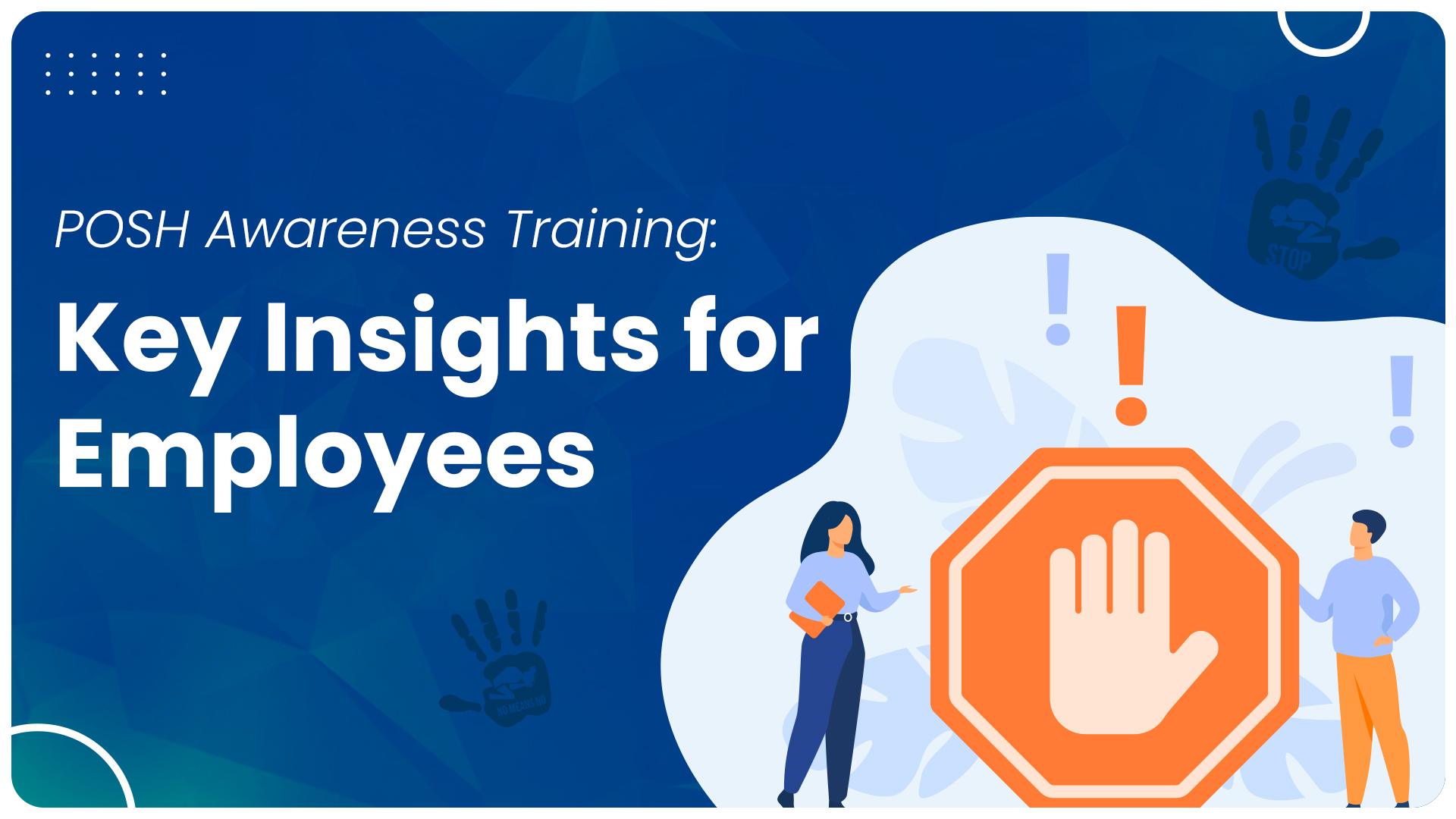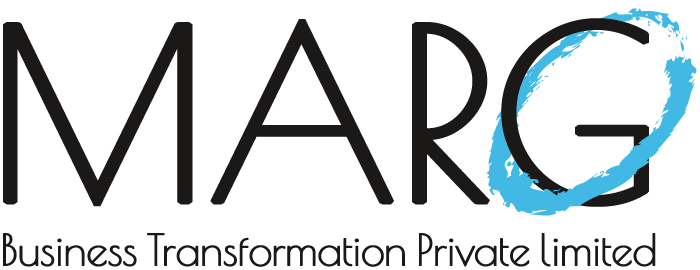
The significance of understanding and adhering to Prevention of Sexual Harassment (POSH) policies is paramount in today’s workplace. Beyond being a legal requirement in India, fostering a safe, inclusive, and respectful environment is a moral responsibility for organisations globally. POSH training for employees ensures that team members are educated about their rights, obligations, and the protocols established by the law, which is crucial for effectively managing and preventing unwelcome behaviour. This blog aims to simplify the intricacies of POSH training by highlighting seven key aspects that every employee must know to contribute to a respectful and inclusive workplace.
7 Important Aspects of POSH Training Every Employee Must Know
1. Understanding Sexual Harassment
A comprehensive understanding of sexual harassment is the cornerstone of effective POSH training. It encompasses a range of behaviours, from unwelcome physical contact to inappropriate jokes and subtle verbal cues that create a hostile work environment. According to the Sexual Harassment of Women at Workplace (Prevention, Prohibition and Redressal) Act, 2013, sexual harassment includes any one or more of the following unwelcome acts or behaviour (whether directly or by implication):
- Physical contact and advances
- A demand or request for sexual favours
- Making sexually coloured remarks
- Showing pornography
- Any other unwelcome physical, verbal or non-verbal conduct of sexual nature.
Educating employees about these behaviours helps in their early identification and prevention, which is why POSH Awareness Training Program sessions are essential.
2. Legal Framework
Understanding the legal framework is essential for ensuring compliance and protection. The Sexual Harassment of Women at Workplace (Prevention, Prohibition and Redressal) Act, 2013, mandates that organisations with more than ten employees must constitute an Internal Complaints Committee (ICC). Familiarity with the law ensures that POSH training for employees empowers them with knowledge of their rights and responsibilities, promoting a culture of accountability and legal compliance.
3. Roles and Responsibilities
Effective POSH training or POSH awareness training programs delineates the roles and responsibilities of every individual within the organisation. This includes employees, managers, and the Internal Complaints Committee (ICC). Managers play a pivotal role in fostering a safe environment and must be trained to handle complaints sensitively and effectively. Employees should be aware of their duty to maintain a respectful workplace and report any incidents of harassment.
4. Reporting Mechanisms
A robust reporting mechanism is critical for addressing and resolving incidents of harassment. Employees should be well-informed about the procedures for reporting harassment, including whom to approach and the steps involved in the complaint process. The ICC should be trained to handle complaints confidentially and impartially, ensuring a fair resolution process. Transparent reporting mechanisms are emphasized in every POSH Awareness Training Program to build trust and encourage employees to come forward.
5. Confidentiality and Protection
Confidentiality is a cornerstone of the POSH awareness training program process. Employees must be assured that their complaints will be handled discreetly, and that retaliation against complainants is strictly prohibited. The law mandates that the identity of the complainant, respondent, witnesses, and any information related to the inquiry must be kept confidential. This assurance encourages victims to come forward without fear of further victimisation, making POSH training for employees not just informative, but also reassuring.
6. Creating a Supportive Environment
A supportive environment is essential for preventing harassment and supporting affected individuals. This includes fostering open communication, promoting respect and inclusivity, and providing support to victims of harassment. Organisations should implement policies that encourage employees to speak up and provide resources such as counselling and support groups to help those affected by harassment. These aspects are covered in depth in every POSH Awareness Training Program.
7. Regular Training and Updates
POSH training should not be a one-time event. Regular training sessions and updates are necessary to keep everyone informed about new developments and reinforce the importance of maintaining a harassment-free workplace. Continuous education helps sustain a culture of respect and safety. Annual refresher courses and workshops are an integral part of our POSH Awareness Training Program, ensuring sustained sensitivity and awareness.
Conclusion
At MARG Business Transformation, we believe that effective leadership in POSH awareness training program initiatives sets the standard for a respectful and inclusive workplace. By focusing on understanding, legal knowledge, clear roles, robust reporting, confidentiality, support, and continuous learning, we can lead the way in creating a harassment-free environment. This commitment not only fulfils legal obligations but also enhances organisational culture and productivity.
For further insights into our leadership initiatives and other corporate training programs, visit www.margonline.com.






